
Planting Native Plants in the Fall
Fall is the ideal time to plant native plants on your horse property.

Fall is the ideal time to plant native plants on your horse property.

Of the 1,473 voters, 684 (46%) said that they feed their horses hay on the ground or do not use a hay feeder.
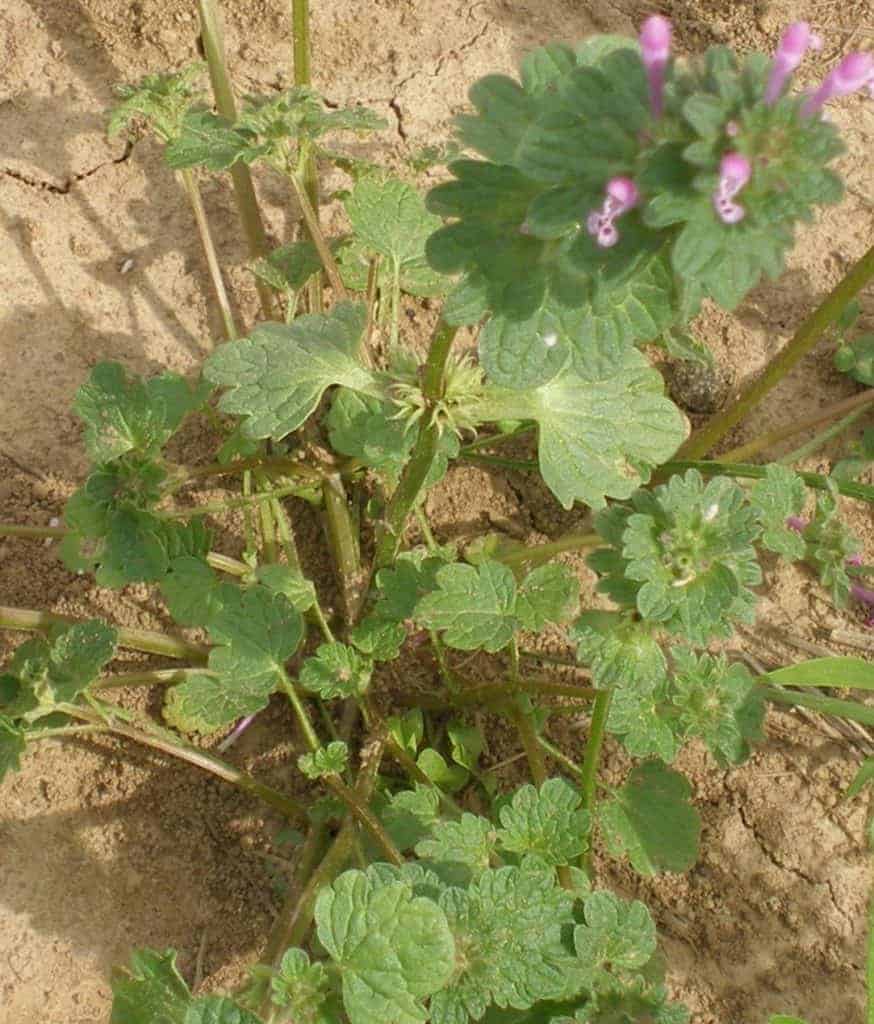
Henbit and purple deadnettle are winter annual species found throughout the eastern United States. These weeds thrive in both cool-season and warm-season forage grasses.

Presenters will speak about specific pasture programs for cattle, horses, goats, and sheep.

This plant contains toxins that can cause digestive issues, appetite loss, and neurologic problems in horses.

The groups partnered in 2013 to make substantial improvements to the Cane Run Watershed.
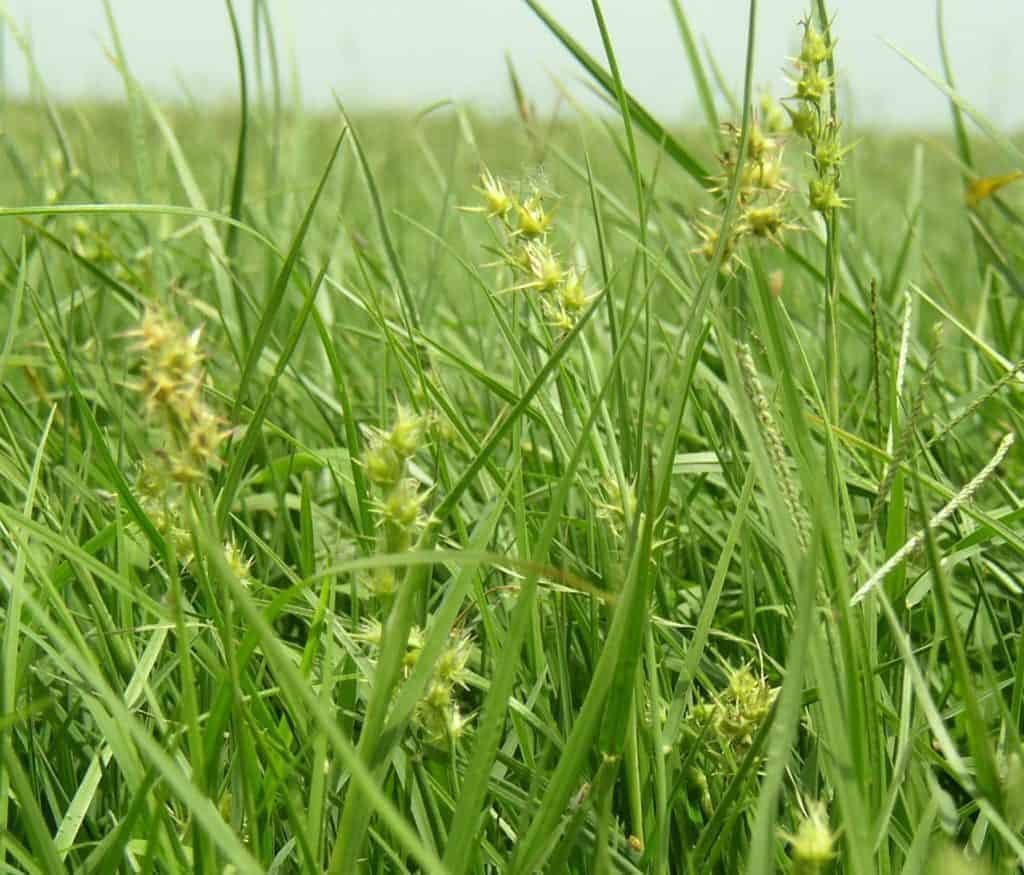
Though not toxic, burs found on the plants can cause mechanical damage if horses consume them.
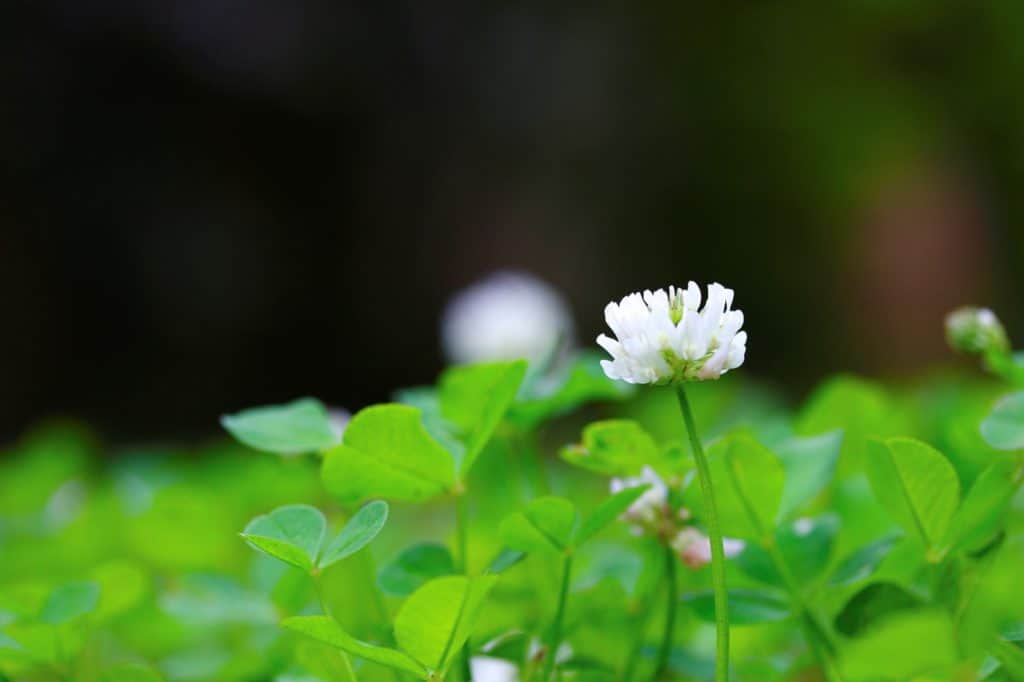
Do you have any suggestions on how to control clover in pastures that don’t involve herbicides?
The University of Maryland (UMD) Extension will be hosting two day-long seminars on horse pasture management.

The key to avoid having weeds overtake your horse pastures is to make your pastures as competitive as possible for grass–a healthy stand of grass will go a long way toward out competing the weeds. Here are six important things you can do to avoid weeds.
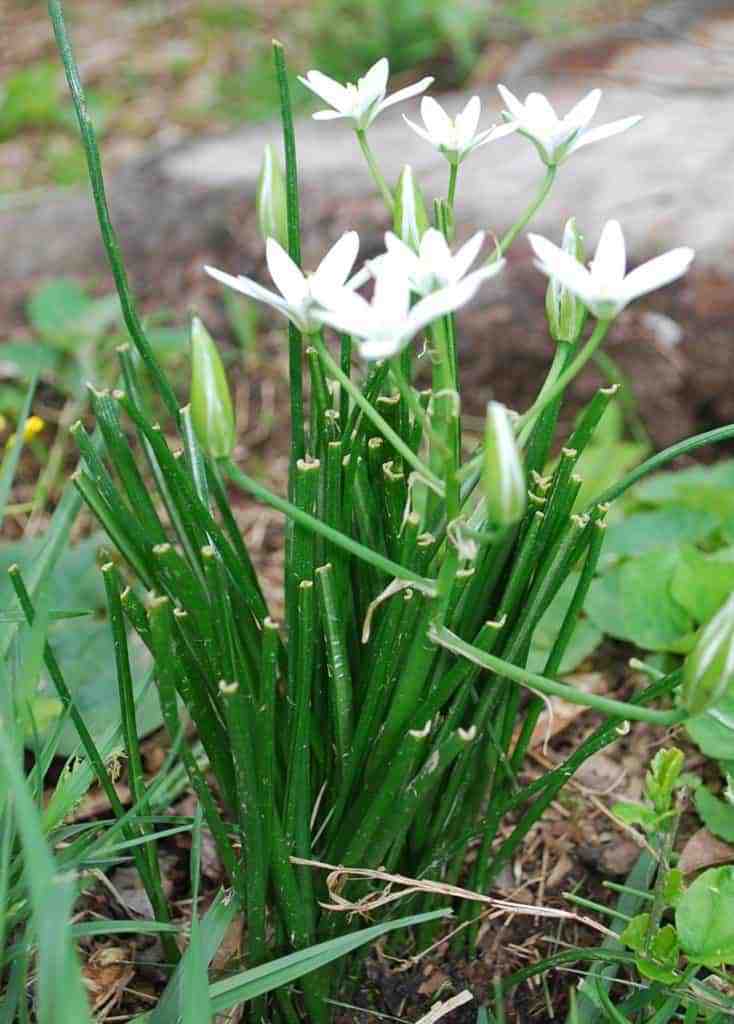
Star-of-Bethlehem is a cool-season perennial of the lily family.
Horse owners and farm managers will be able to view a range of equipment and supplies for farms of all sizes.
Lecture topics will include planning a mating, nutrition, foaling, farm and pasture management, and more.
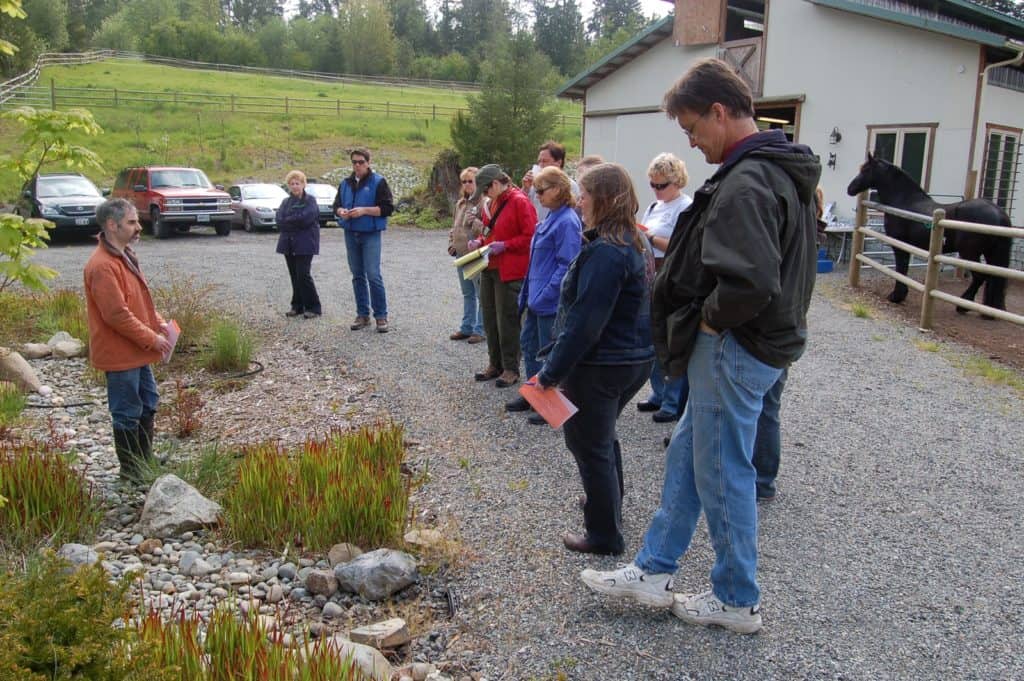
Rain gardens are a bright new idea for dealing with an age-old nemesis on horse properties – too much water and MUD! Plus, they’re a fun way to deal with April showers.

This year?s conference focused on hay production for the horse and other high-quality markets.
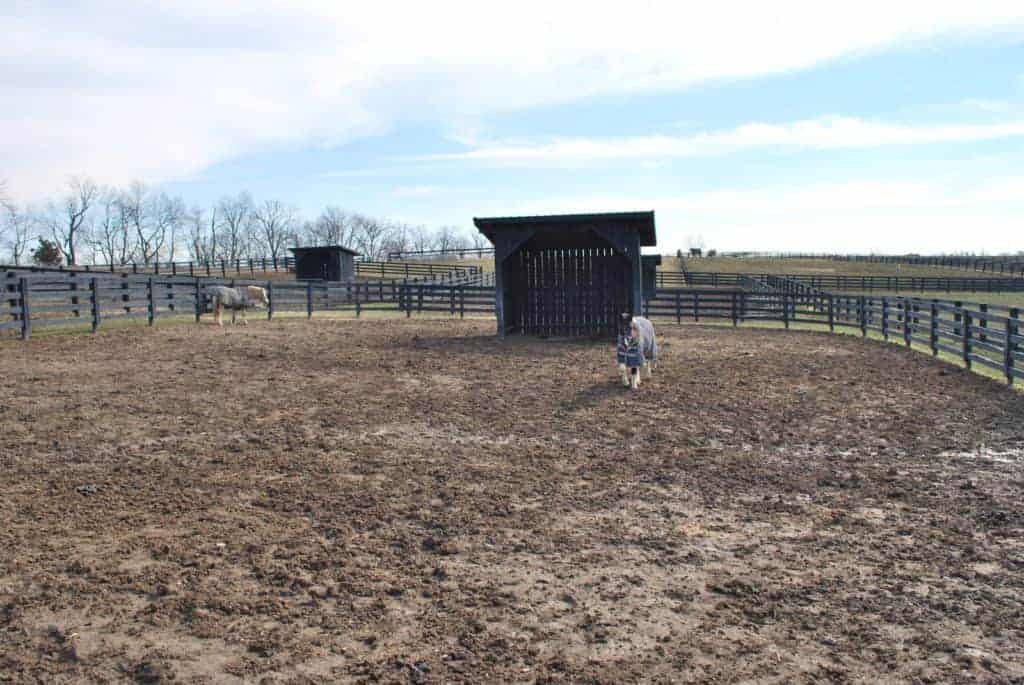
High-traffic paddocks can become eye sores and provide little, if any, grazing for the horses.
Stay on top of the most recent Horse Health news with
"*" indicates required fields